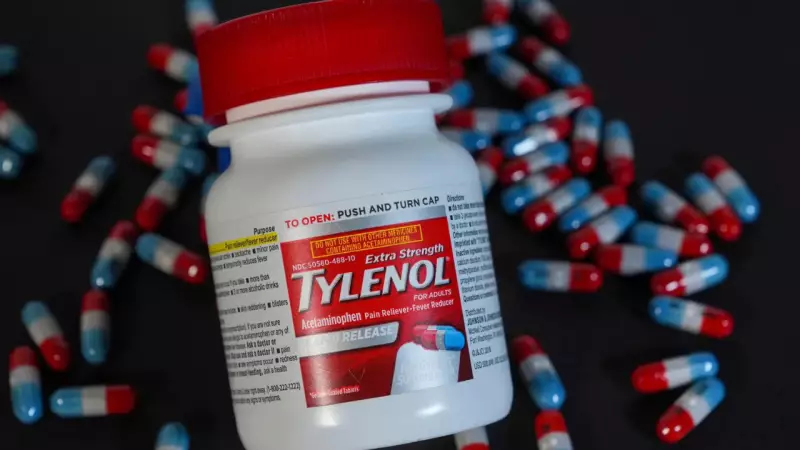
In a monumental move that's set to reshape the global consumer healthcare landscape, Kimberly-Clark Corporation has unveiled plans to acquire Kenvue, the renowned manufacturer of Tylenol, in a massive $48.7 billion transaction. This strategic merger represents one of the largest healthcare deals in recent history and signals a major consolidation in the consumer health sector.
Breaking Down the Blockbuster Deal
The acquisition structure combines both cash and stock components, providing a balanced approach to this transformative transaction. Industry analysts are calling this a game-changing move that positions Kimberly-Clark as a dominant force in the over-the-counter healthcare market.
Strategic Rationale Behind the Mega-Merger
This acquisition isn't just about scale—it's about strategic positioning in the rapidly evolving healthcare marketplace. By bringing Kenvue's powerhouse brands under its umbrella, Kimberly-Clark gains immediate access to some of the world's most trusted consumer health products, including the iconic Tylenol pain relief line.
$1.9 Billion Cost Savings Target
Perhaps the most compelling aspect of this merger is the staggering $1.9 billion in cost savings the companies are targeting post-merger. This ambitious goal reflects the significant operational synergies expected from combining these two healthcare giants.
What This Means for Consumers and Investors
The merger creates a consumer healthcare behemoth with an unparalleled product portfolio spanning pain relief, personal care, and wellness categories. For investors, this represents a strategic diversification play that could deliver substantial long-term value.
Market experts suggest this deal could trigger further consolidation in the consumer healthcare space as competitors seek to maintain their market positions. The combined entity will have enhanced research capabilities, broader global distribution networks, and increased bargaining power with retailers.
As regulatory approvals proceed, all eyes will be on how this mega-merger transforms not just these two companies, but the entire consumer healthcare industry landscape for years to come.






